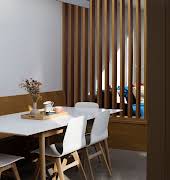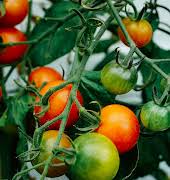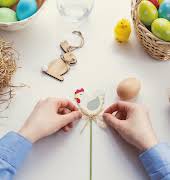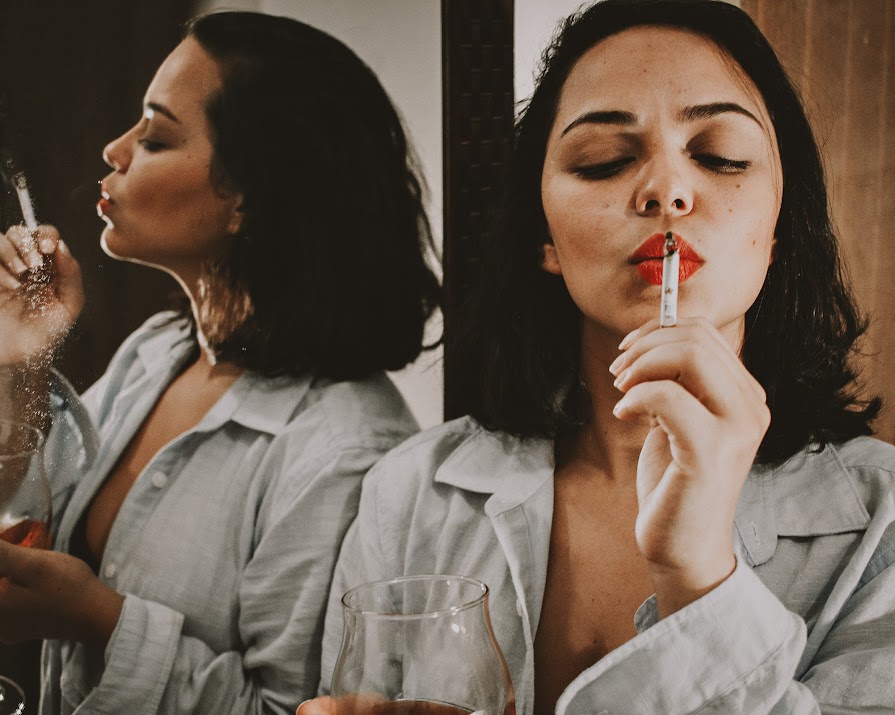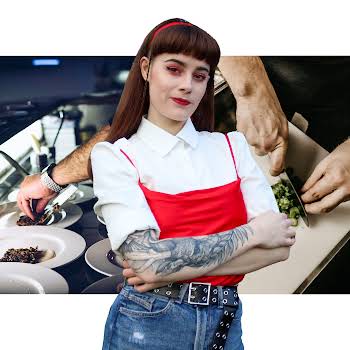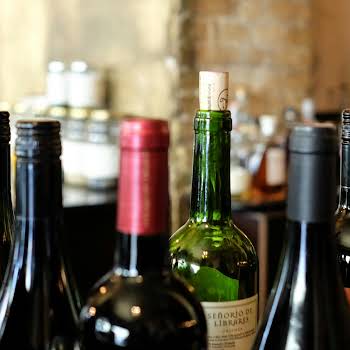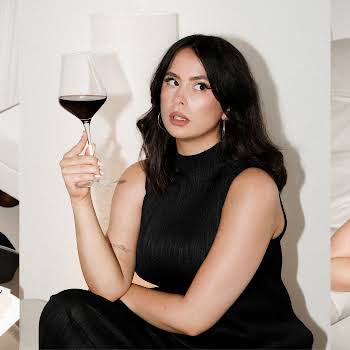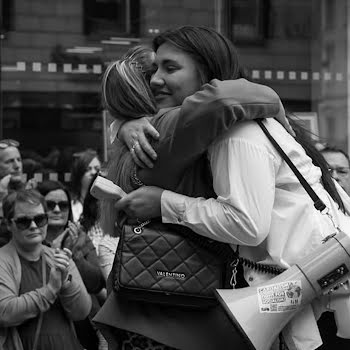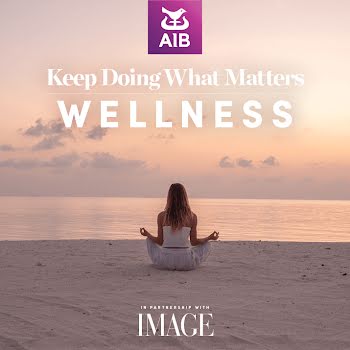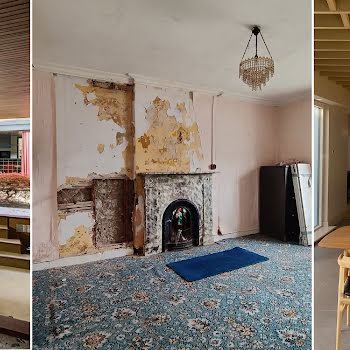
Mid-week drinking at home: Sophisticated relaxation or a slippery slope?
By Amanda Cassidy
12th Jan 2022
12th Jan 2022
"In victory you deserve champagne. In defeat, you need it," said Napoleon. And that's become a dangerous mantra these days, particularly this last year. Fuzzing the edges between work, home and social life, drinking at home has never been more socially acceptable and, thanks to the increase in minimum price hikes, more expensive. Amanda Cassidy looks at the complicated relationship between women and alcohol.
“When I came back to Ireland, I was shocked at the numbers of people – young people, particularly women, with irreversible liver failure and dying from alcohol. These were not ‘problem’ drinkers, but they were having a couple of glasses of wine during the week, and a couple of bottles at weekends. That’s liver failure territory”. Professor Frank Murray is a consultant in hepatology and gastroenterology, as well as the Chair of Alcohol Health Alliance Ireland. In an interview, he pointed out some of the stark effects of the numbers of women drinking to excess. Dr Murray says that many of us don’t realise that two bottles of wine a week along with about four gin and tonics (a not eye-brow raising amount for many of us) is characterised as hazardous drinking.
But it is a familiar scene – the kids are in bed, we reach for the wine. Trying to unwind after a stressful day working from your kitchen table? A zesty G&T can’t hurt, right? We go for a second one because feck it, it’s almost the weekend. The move to home drinking has meant it is more culturally acceptable for women in particular to open a bottle of wine midweek, often alone. Compared to other European countries, Irish people tend to drink on fewer days of the week but when we drink, we tend to binge. In fact, 75% of alcohol in this country is consumed as part of a binge – a more harmful way to drink compared to spreading drinking over a greater number of days. But now there is a disturbing rise in the number of women being treated for alcohol problems… that we know of. As well as the culture of glamorising wine-drinking as sophisticated and cultured, many of us are using alcohol to self-medicate emotional problems such as depression, anxiety or stress.
A slippery slope
Eventually, a friend of mine sheepishly suggested I might “have a problem”.
The physical dangers of drinking too much are well known. But alcohol is still the elephant in the therapist’s room. In a piece for The Guardian, writer Mathew Todd says his anxiety and depression had strong links to his alcohol intake, something more of us should acknowledge. “I never drank in the morning or in parks, just bingeing along with, well, everybody else. I didn’t question it because no one else seemed concerned. Presenting to therapists over the years with anxiety, patterns of self-destructive compulsive behaviour, swinging between thinking I was the most important and the most worthless person on the planet, they barely asked how much I was tipping down my neck. And it was a lot. The more I drank to medicate my low self-esteem, the worse my anxiety got and the more I drank to dull it. Years passed and I couldn’t see I was stuck right in the classic “cycle of addiction”. Eventually, a friend of mine sheepishly suggested I might have a problem”.
After coming to terms with the relationship between alcohol and his mental health, Todd says that alcohol needs to be next on the mental health agenda. ” I’ve learned that it isn’t about when or where you drink but about whether you can easily stop once you’ve started. I’ve also learned that there is an astonishing lack of understanding about addiction in general. The positive news is that despite alcohol being a socially acceptable carnage-causing drug that is pushed on us from an early age, it too is beginning to be talked about less furtively.”
Gateway drug?
In 2018, presenter turned fitness queen Davina McCall spoke out about why she choose to give up alcohol completely. In a candid interview with Red magazine, she said that after her treatment for alcoholism and drug abuse, she realised that she was using substances to mask her underlying emotional issues. She acknowledged that drinking can often be a very slippery slope. “I had to grieve not drinking. That was so sad. But I knew that alcohol was the gateway to drugs for me, and it would still be the gateway. It’s just not worth it.”

Davina hasn’t had it easy. She distanced herself from her mother after she sold a story about her just before her wedding 17 years ago. Her sister Caroline passed away in 2012 after battling cancer, and in November 2017, Davina announced her split from her husband, Matthew Robertson. Davina says that battling her demons and getting through some really difficult times in the past has made her even stronger: “[You] need to experience difficulty to learn how to be resilient. If you haven’t been through anything difficult, the minute you do, it will hit you like a freight train and you won’t know what to do because you’ve never been given the tools to deal with it. When I think of all the stuff that happened with my mum in my childhood, and the drugs and the alcohol, and my sister dying and knowing I got through all that… all of those things make you think ‘throw anything at me – I’ll be okay’. It might be hard, but I do feel I could deal with anything.”
The impact on our health
The gap between male and female alcohol consumption in Ireland is now starting to close. While men are more likely to drink and to binge drink, women are drinking more, and more often, than they did in the past. This dramatic change in drinking pattern has seen a rapid increase in the number of girls presenting with serious alcohol-related conditions. A 2020 study published in The Lancet found that alcohol consumption was linked to 4% of all newly diagnosed cancers and the root cause in 1 in 8 breast cancer diagnoses in Ireland. Women are also more vulnerable than men to alcohol’s effects, even after drinking smaller amounts.
One drink for a woman has about twice the effect of one for a man. There is also evidence of an accelerated course of alcohol dependence — this means women advance from their first drink to their first alcohol-related issue more quickly than their male counterparts.
A sober realisation
Jenny, 33, has been sober for three years. She says there was no big wake-up call when it came to her realisation that she was at risk of developing a problem. Instead, it was a series of smaller events that made her ditch the booze for good. “It was really fun — until it wasn’t. I always used to think of people who had issues with alcohol would be drinking straight from the bottle as they hid from the world.
Looking back, I was associating drinking with everything in my life. I drank if I was stressed, I drank because I felt anxious socially, I drank to celebrate, to commiserate. I got drunk because I was bored or on a date, or staying in or going out. I realised that it had stopped being about the occasion and more about how I could include wine into every moment.
I started feeling panicky and anxious after every weekend and I knew something needed to change. I’m not sure I was addicted — I think it had become such a habit that it was extremely difficult to let go of.” Jenny said that she noticed how much the stigma of drinking heavily has faded for her generation. “We joke about boozing and say to each other ‘see you in a Prosecco!’ but it is actually quite difficult to escape. If you are at an event and you’re not drinking, people automatically think you are not fun or there is something wrong with you. I used alcohol as social currency because is easier to let loose and be more confident when you are drunk. I do miss that sometimes — but overall, alcohol was making me feel worse in my day-to-day life. I don’t miss the fear that alcohol can make you feel when you are hungover.”

An easy target?
Historically, women have tended to feel a greater sense of shame about drinking and getting drunk than men, but it appears that among younger women, this stigma may be fading. And not everyone is aware that women can become addicted to alcohol more easily than men. The main problem is that even moderate drinking can be a slippery slope. The change in drinking habits of female consumers is partly the result of marketing campaigns and the creation of sweeter products aimed at women and girls. Teenage girls are also following the example of binge-drinking women, and ending up more likely than boys to have been drunk twice by the age of 15.
The underlying tone from marketers is that we deserve to unwind and relax after our daily heroics as mothers and warrior women with a fancy glass of something that will calm us down. That frivolous message is as patronising as it is dangerous.
The dark side of equality
Studies are even suggesting that younger women may be out-drinking men while proving they can drink on an equal playing field. It is part of the move towards equality that has seen many women who have succeeded in obtaining jobs that were once seen as a “boys club” go on to also join the after-work drinking culture. The OECD has warned that middle-class women were particularly risking their health as they adopted traditional male drinking habits. Moreover, the Office for National Statistics figures shows that women in management and professional jobs drink more than the average woman and they drink more on weekdays.
Of course, there is nothing wrong with enjoying a drink socially and in moderation. Many of us derive a lot of pleasure out of sharing wine at the weekend with our favourite people. We know it might not be great for us but it is enjoyable enough to merit the risks. That’s life, right? But how concerned should we be if drinking at home starts to go from a Friday to a Thursday, then a Wednesday, and so on? Is it a problem is when it is no longer with friends, but becomes a habit you do alone? Perhaps the alarm bells should ring when it isn’t a few glasses anymore, it is a few bottles.
The move to drinking at home was always going to be a slippery slope – it is the slow segue away from being ‘sociable’. Who’s counting glasses now? How tipsy are you going to bed on a Tuesday night? The optics are conveniently hazy when it is in the privacy of our own home.
It is easy to see why boozing has evolved into something that is seen as a bit of a lark. Swilling wine still gives that giddy thrill of sophistication and sharing memes like “Adulting is really hard. That’s why I drink gin!” make it much more socially acceptable to be drunk at home midweek. Sharing our lives over a glass of wine has become the glue that keeps it all together, right? Maybe it is time to have a more open discussion about why we drink so heavily at home, and how to change that — before more of us become dangerously unstuck.

